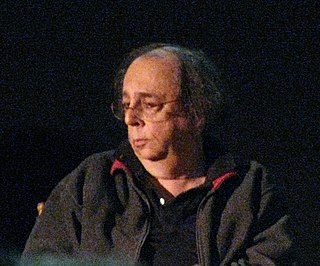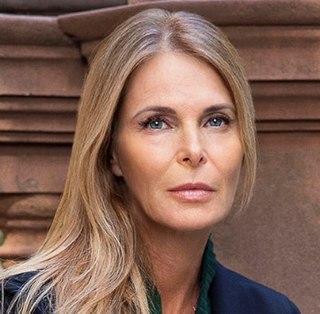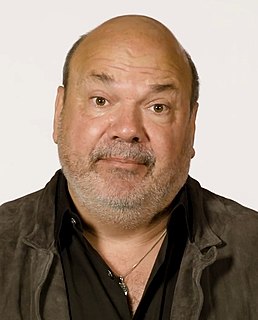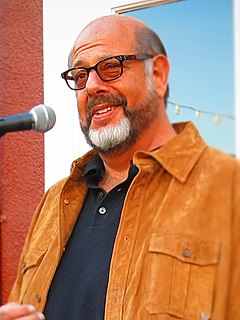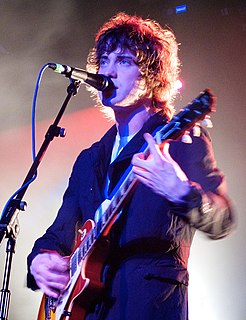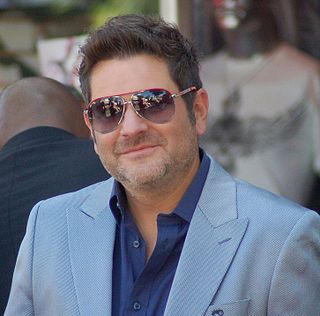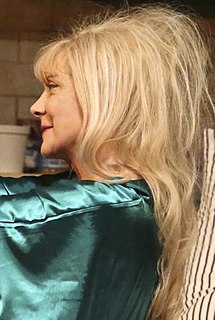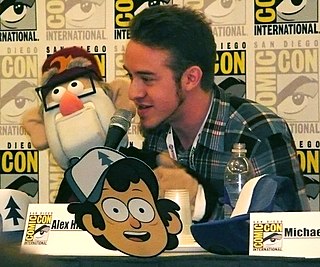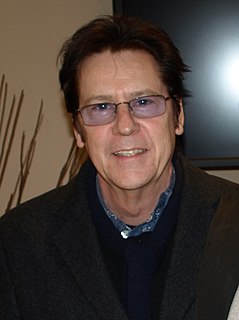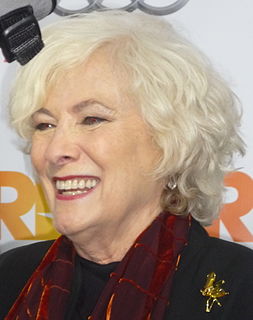A Quote by Richard Foreman
Because even at the age of fifteen, I used to go see all the Broadway shows and feel that they were sentimental, that they were pandering to the audience and trying to manipulate the audience. I had no use for practically any of the shows that were hits.
Related Quotes
Science and technology were often used by [the magician of old], even before they came into the marketplace on a mass basis. For example, prior to the moving picture going into theatre, magicians were using the technique of images in motion as illusions in their shows. At that time the process was so new, an audience perceived it as magic. Also in the early stages of holograms magicians would use these images to baffle and mystify their fans. Hence, you always need to stay one step ahead of the technology game to "WOW" the audience.
When we were doing noisier shows, they were fun, but we were trying to be really obnoxious and it wasn't like we were trying to make good music. I mean, I'm happier when we have smoothed out a little bit. I think that the spirit of the noise and experimental stuff is still there, but it's easier to do when you're a freshman in college.
I used to play Saturday night shows with different little groups. If I could get a show, I would do it. I used to do mad things - I used to go and do these shows and go on my knees and roll on the ground - when I was 15,16 years old. And my parents were extremely disapproving of it all. Because it was just not done. This was for very low-class people, remember. Rock & roll singers weren't educated people
You used to have those Saturday morning television shows. You had to do your bit. You had to go on and promote your new release. I quite enjoyed it, actually. You had the parents watching them, and they must have liked what they were seeing, so they'd encourage their kids. And then they'd end up bringing them to the shows.
Me and my friends in high school were the only girls who went to hardcore shows. It was three of us, and the rest of the audience was male. We didn't really think about it. We weren't thinking we were alienated or whatever, but eventually, as there started to be violence in the scene we were in during high school, we started to be turned off by the violence.
There are panel shows that struggle to get women on, and that's because the women feel marginalised and stupid and in the edit are often seen just laughing at the boys and not saying anything at all even though I know for a fact in the recording they were clever. I'm not shy at speaking up, but even I, on those shows, am silenced.
